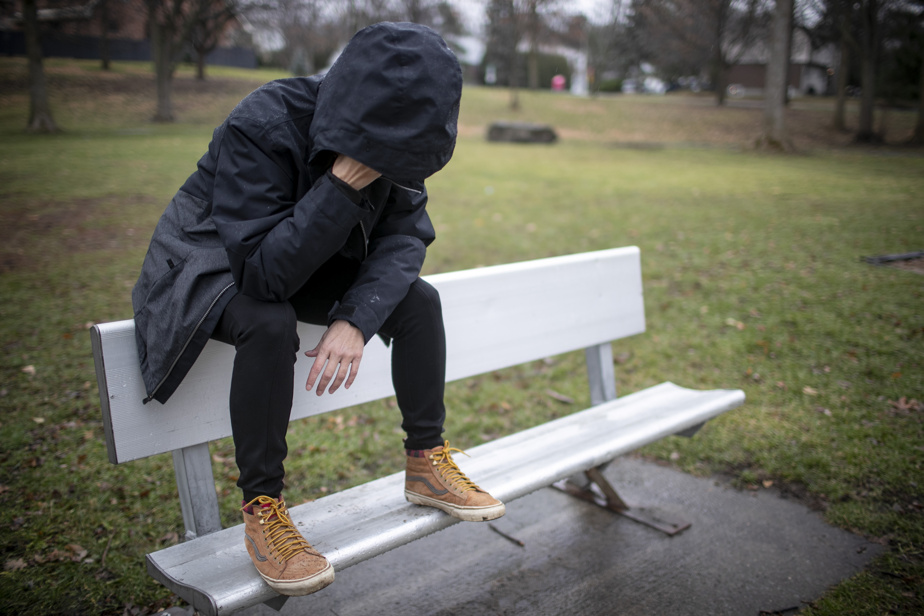No one is immune to a mental health disorder. In Quebec, nearly one in five people will be affected during their lifetime. Psychological distress spares no social class, no cultural group; She ignores gender and age.
The pandemic has certainly contributed to exacerbating the level of distress within the population, particularly among caregivers. Doctors are particularly affected. According to data collected last summer by the Canadian Medical Association, more than half of them (53%) felt a high level of burnout. Here we are dealing with a “virus” against which there is no vaccine and against which we have limited resources.
Psychological distress is rampant in varying degrees in our society; in some cases, it can cloud judgment to the point of inciting the human to commit the irreparable. The news regularly reports on these horrible tragedies, the most recent of which occurred in Laval and Amqui, which upset all of Quebec.
The manifestations of distress that we observe in our loved ones or in co-workers will probably never – hopefully – lead to such violent acts. The College of Physicians wishes to take part in the reflection necessary to prevent, name and treat this silent and pernicious distress, before it wreaks further havoc.
Although mental health issues concern women as much as men, it is clear that the latter are generally reluctant to recognize their vulnerability and to measure the intensity of their distress.
According to statistics collected by the Quebec Physician Assistance Program, women represent approximately two-thirds of their clientele. There is still work to be done to break the shell of men.
When more and more men call for help, the network must be able to respond! Access to care is still too limited for various reasons: imbalance between supply and demand for services, scarcity of resources, shortage of professionals, etc.
The amounts promised under the Interdepartmental Mental Health Action Plan are a step in the right direction. They still have to materialize in an improved service offer for the population, able to respond in a timely manner to growing demands.
The “Generous States”, held this week by the Association of Psychiatric Physicians of Quebec, bring about a necessary and productive discussion. Carrying out prevention and raising awareness is, however, a long-term task. We must continue to fight against the prejudices still too often associated with mental health.
Far from being a dishonor or an admission of failure, becoming aware of one’s distress and formulating a request for help are responsible gestures, imbued with altruism, hope and maturity. This is the example to set.

